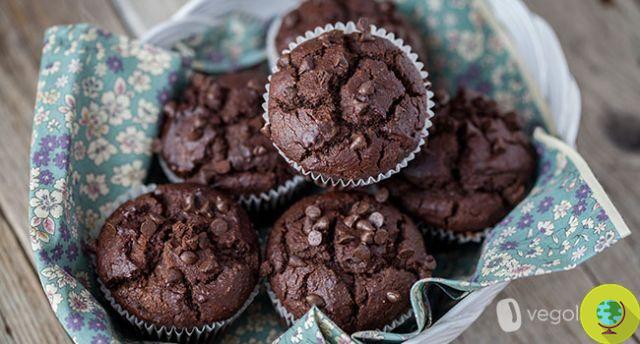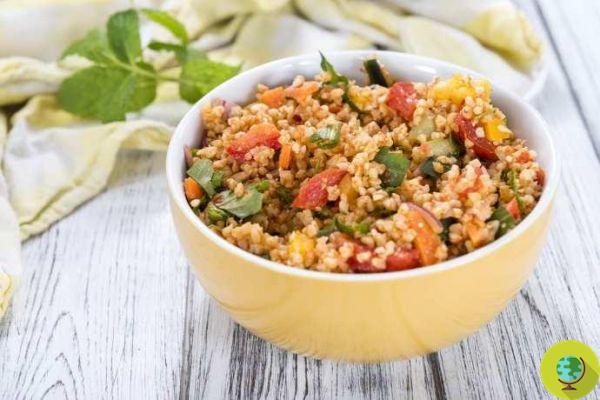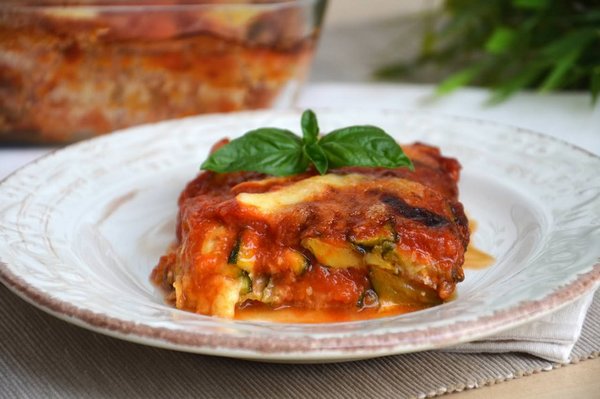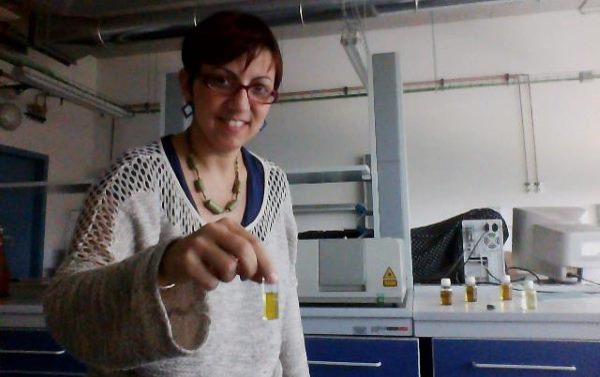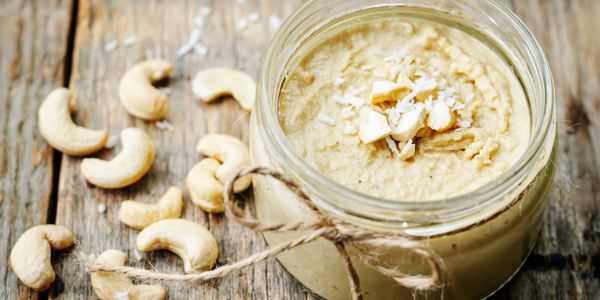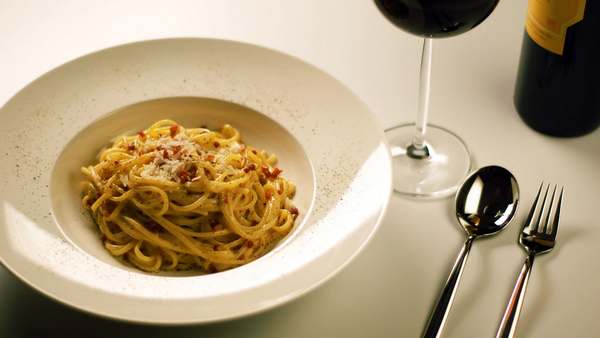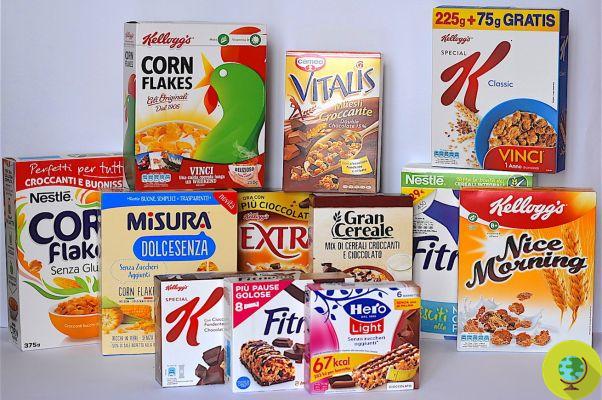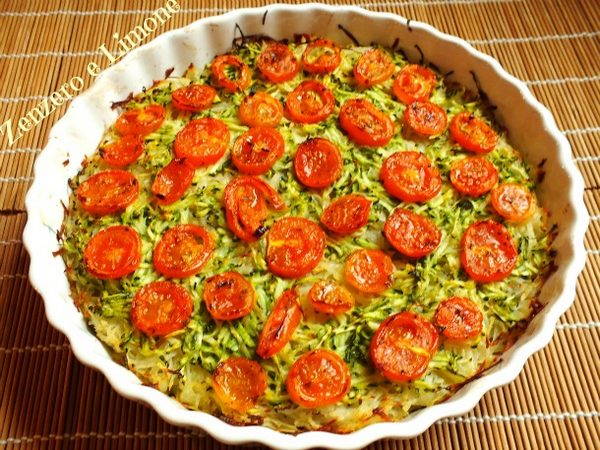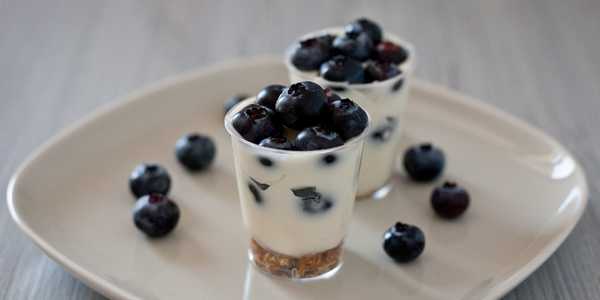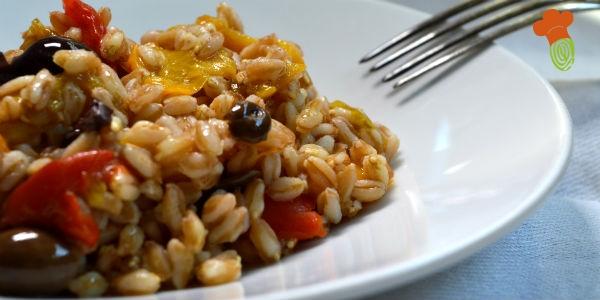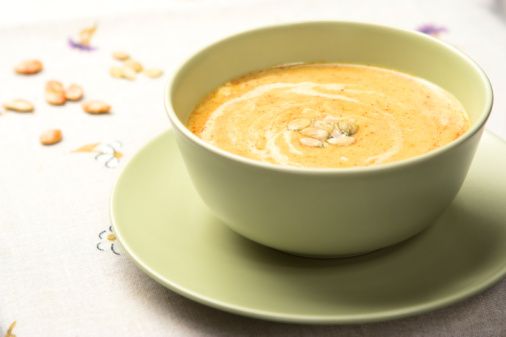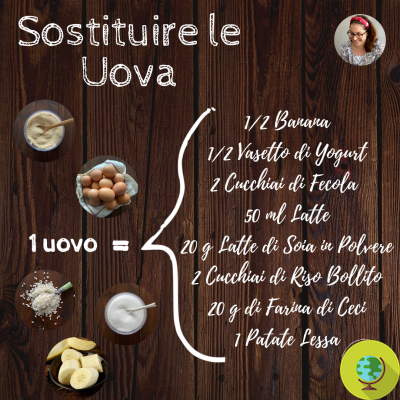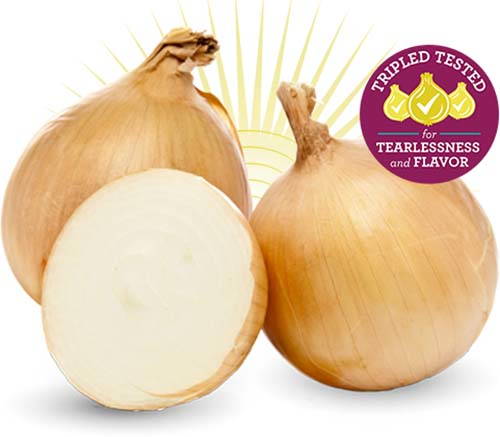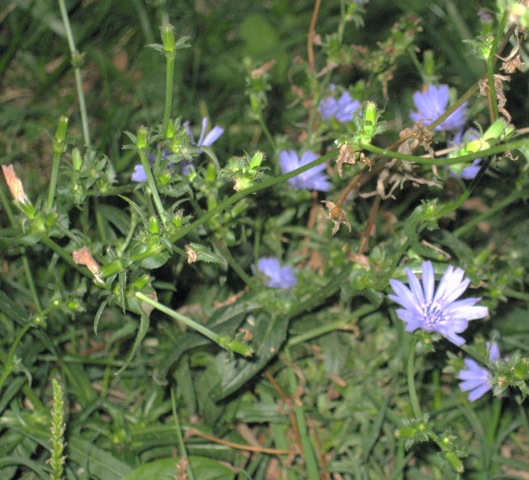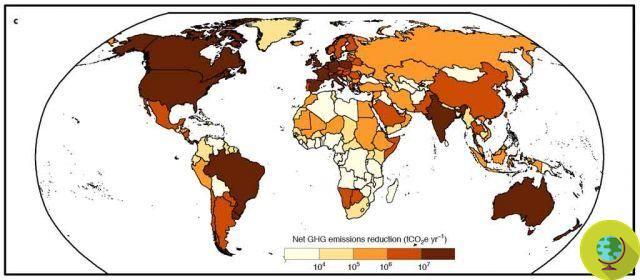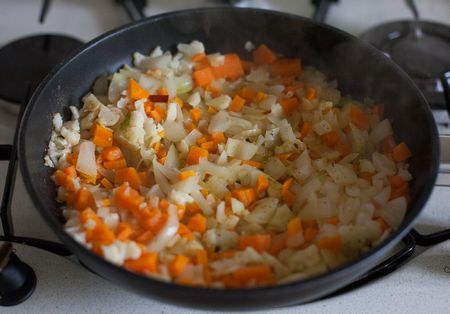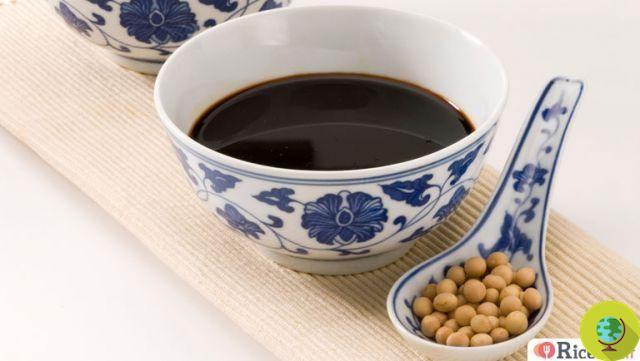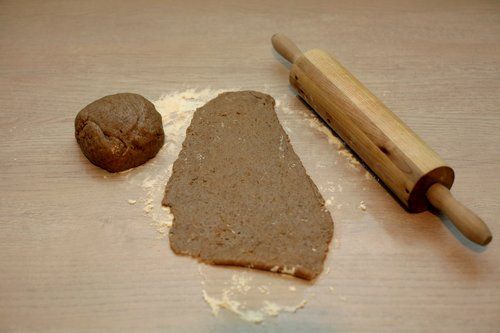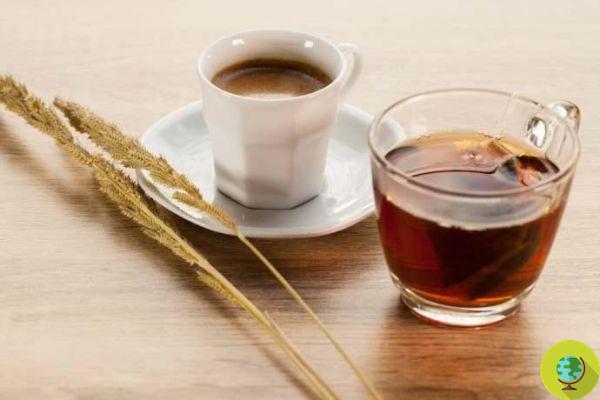
Whether you prefer coffee or tea is all a matter of genes.
Don't store avocado like this: it's dangerousDo you prefer a good coffee or a hot tea? It might be a heated debate, but scientists lead it all to genetics
More than 2,25 billion cups of coffee are consumed in the world every day and tea is no different, with 1,42 million kilos consumed in the States alone every day (and Americans are lagging behind other countries, in particular India and China). In short, the two drinks are really very popular. Which do you prefer?
While there is obviously a strong cultural component in personal preferences, there is too genetics it might play a role. Basically, if someone is a coffee drinker or a tea drinker it could be linked with the presence or absence of certain key genes that shape the taste of bitter flavors.
When you think about it, enjoying bitter things (just like coffee) seems a bit illogical. After all, the main function of bitter taste is to send a signal that there may be some harmful substances involved - so why do we like it?
According to a new study from Northwestern University in Illinois, in essence, we have a genetic predisposition to perceive the bitterness of particular substances, which would push us towards one drink or the other. According to the researchers, for example, coffee drinkers associate bitter taste with the next stimulation reward that coffee brings.
"The study adds to our understanding of the factors that determine beverage preferences - taste, in particular - and why, by keeping all other factors constant, we still see a marked difference in beverage preference and the amount we consume," he explains. Marilyn Cornelis, co-author of the research research.
For the investigations, the scholars involved two sets of data. The first was a study on twins that showed that, at least in those of European origin, particular genetic variants are linked to the strength of perception of different tastes: a specific variant was linked to slightly higher ratings of bitterness for caffeine, another to greater bitterness for quinine and a third for greater bitterness for a drug known as propylthiouracil, or prop.
The team then looked at data from the UK Biobank, which recruited hundreds of thousands of participants aged 37 to 73 between 2006 and 2010 and involved the collection of genetic data and health information, including answers to the question of how many cups of different drinks the participants consumed each day. They found that those with a greater genetic predisposition to perceive the bitter taste of caffeine drank a little more coffee; on the other hand, a greater perception of the bitterness of quinine and prop was linked to a small reduction in coffee consumption.
Reverse patterns were observed when the scholars analyzed the genetic variants and how much the participants drank the tea.
“While the effect of perception on daily coffee intake may be relatively small - just a 0,15 cup per day increase - from a regular caffeine taster to a strong caffeine taster, there is actually 20%. more likely to become a heavy drinker - drinking more than four cups a day, ”said Jue Sheng Ong, lead author of the research.
“Since humans generally avoid bitter tastes, we interpret these results as learned behavior: if we can perceive caffeine well, we associate this with the psychostimulating properties of caffeine and therefore seek more coffee,” says Cornelis.
In short, since caffeine contributes not only to the bitterness of coffeeBut also due to its perceived strength and texture, people who are better at detecting caffeine may find coffee more enjoyable and flavorful. In contrast, according to the study, people who carried bitter taste receptors for quinine or PROP drank less coffee and other tea. Compared to the average person, each additional copy of the quinine or quinine receptor gene was linked with a 9% or 4% greater chance of being a heavy tea drinker (> 5 cups of tea per day).
Finally, the researchers add that the results for the tea may be lower for tea containing lower concentrations of bitter substances, which means that this drink may prove more acceptable than coffee to those with acute perception of bitterness.
“Our taste genes partially play a role in what we drink: coffee, tea or alcohol. The preference for tea can be seen as a consequence of abstaining from coffee, because our genes may have made coffee a little too bitter for our palates to handle ”, they conclude.
So what do you prefer? Tea or coffee?
Read also
- Coffee: 3 cups a day protect the heart
- 5 valid alternatives to coffee
Germana Carillo





